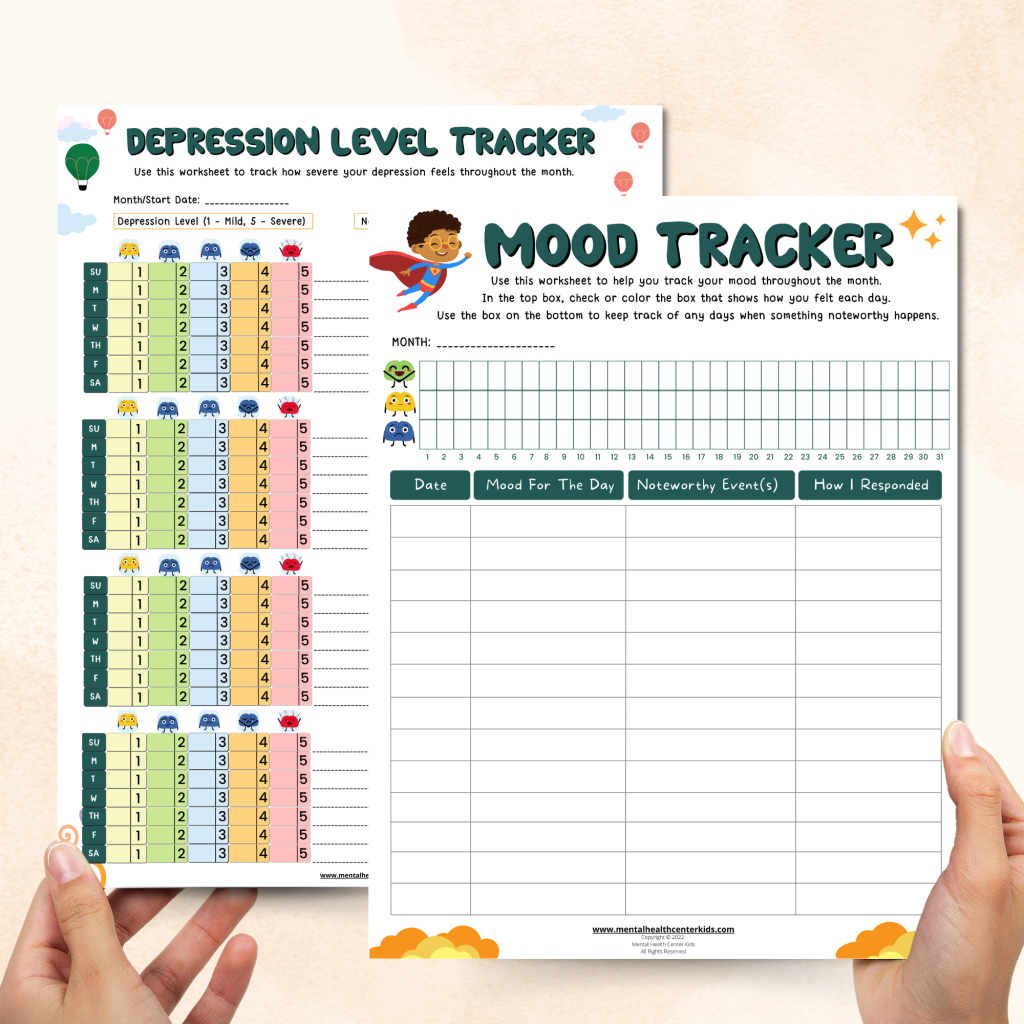In today’s fast-paced and often stressful world, mental resilience is becoming an increasingly important quality to cultivate. Mental resilience refers to one’s ability to bounce back from adversity, cope with stress, and adapt to challenging situations. It is a crucial factor in maintaining overall well-being and preventing mental health issues such as anxiety and depression.
One potential tool for improving mental resilience is gratitude. Gratitude is the practice of acknowledging and appreciating the good things in one’s life, both big and small. Research has shown that cultivating a sense of gratitude can have a positive impact on mental health and well-being, leading to improvements in mood, outlook, and overall resilience.
Gratitude can help improve mental resilience in several ways. One of the key benefits of practicing gratitude is that it shifts one’s focus away from negative thoughts and emotions and towards positive ones. When we take the time to recognize and appreciate the good things in our lives, we are less likely to get caught up in negative thinking patterns and rumination. This can help to reduce feelings of stress, anxiety, and depression, making it easier to cope with challenges and setbacks.
Additionally, gratitude can help to build a sense of perspective and resilience in the face of adversity. When we practice gratitude, we are reminded of the positive aspects of our lives, even in difficult times. This can help us to maintain a sense of hope and optimism, even when faced with challenges or setbacks. By focusing on what we are grateful for, we can shift our mindset from one of scarcity and negativity to one of abundance and positivity. This can help us to approach difficult situations with a greater sense of resilience and inner strength.
Gratitude can also help to improve our relationships and social support networks, which are key factors in building mental resilience. When we express gratitude to others, we strengthen our connections with them and foster a sense of goodwill and reciprocity. This can lead to increased feelings of social support and connection, which are critical for maintaining mental resilience. Research has shown that individuals who have strong social support networks are better able to cope with stress and adversity, and are less likely to experience mental health issues.
Furthermore, gratitude can help to cultivate a sense of mindfulness and presence in the moment, which can also improve mental resilience. When we practice gratitude, we are encouraged to pay attention to the present moment and to fully appreciate the good things that are happening in our lives. This can help to reduce feelings of stress and anxiety, and can improve our ability to cope with challenges and setbacks. By practicing gratitude regularly, we can train our minds to focus on the positive aspects of our lives, even in the midst of difficult times.
Research has supported the idea that gratitude can improve mental resilience. Several studies have found that individuals who practice gratitude regularly are more likely to experience positive emotions, increased well-being, and improved mental health. For example, a study published in the Journal of Personality and Social Psychology found that individuals who kept a gratitude journal for just three weeks reported higher levels of positive emotions and greater life satisfaction compared to those who did not practice gratitude.
Another study published in the Journal of Happiness Studies found that individuals who wrote gratitude letters to people in their lives experienced improvements in mental health and well-being. Participants in the study reported lower levels of depression and higher levels of life satisfaction after writing gratitude letters. These findings suggest that practicing gratitude can have a significant impact on mental resilience and well-being.
In addition to individual benefits, there is also evidence to suggest that gratitude can have a positive impact on communities and society as a whole. When individuals practice gratitude, they are more likely to engage in prosocial behaviors and to contribute positively to their communities. This can help to build stronger social connections and support networks, leading to greater resilience and well-being for all members of society.
Overall, the evidence suggests that gratitude can improve mental resilience in a variety of ways. By cultivating a sense of gratitude, individuals can shift their focus away from negativity and towards positivity, build a sense of perspective and resilience in the face of adversity, strengthen social support networks, and cultivate mindfulness and presence in the moment. These benefits can help individuals to cope with stress, adversity, and challenges more effectively, leading to improved mental health and well-being.
In conclusion, gratitude is a powerful tool for improving mental resilience. By practicing gratitude regularly, individuals can cultivate a positive mindset, build social connections, and develop the inner strength needed to cope with the ups and downs of life. Whether through keeping a gratitude journal, writing gratitude letters, or simply taking a moment to appreciate the good things in one’s life, incorporating gratitude into daily life can have a profound impact on mental resilience and overall well-being. So, take a moment to reflect on what you are grateful for today, and watch as your mental resilience and well-being begin to improve.

